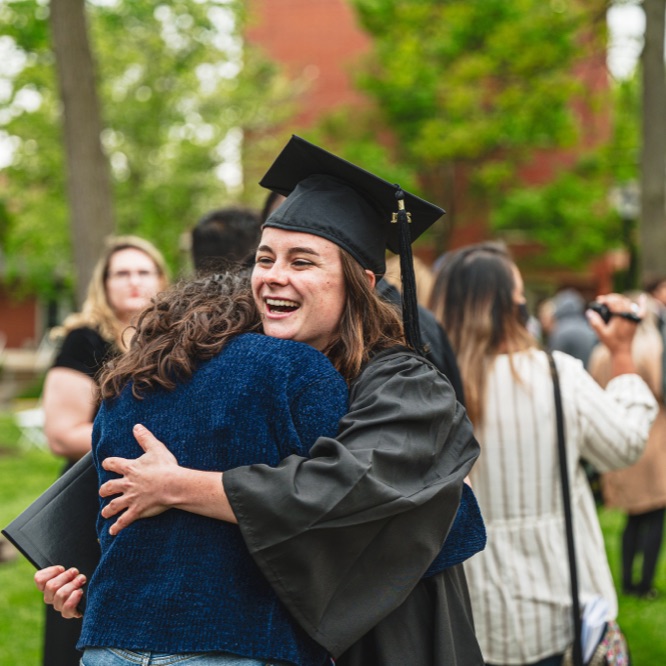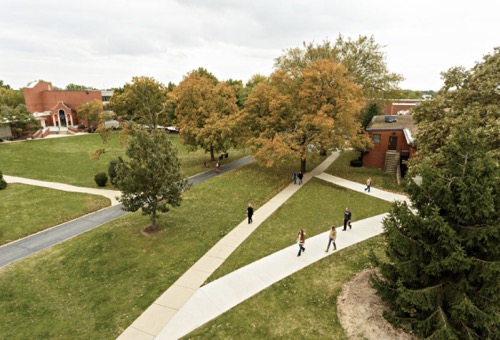Special Education at Greenville University
Prepare to make a difference by teaching students with disabilities in kindergarten through grade 12. Learn diagnostic and teaching methods for curriculum and classroom management, skills for communicating with colleagues and parents, and how to teach in diverse classrooms.
Check out more information about the education program at Greenville University.

Why GU

Faith-based
Learn to incorporate your faith into both your studies and your career.

Double Licensure
Complete double licensure requirements for early childhood and elementary education in a four-year bachelor's degree program. Double licensure allows teachers to work with students from birth through grade 6 in public schools, providing a wide range of opportunities.

Fully Accredited
Our School of Education is accredited through the Council for the Accreditation of Educator Preparation (CAEP) and the Illinois State Board of Education (ISBE).

Character Education
Earn nationally recognized certification in character education from Character Plus and learn to educate the whole child.


